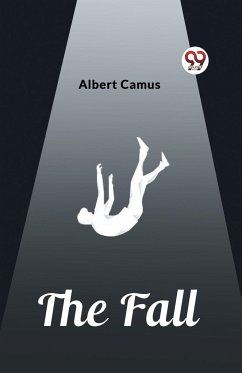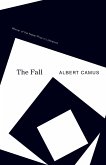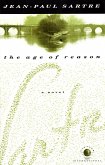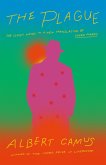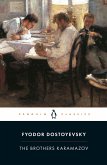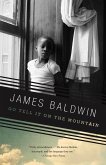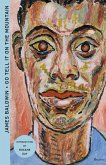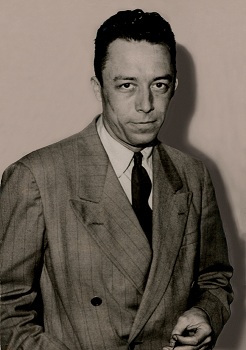"The Fall" by Albert Camus delves into existentialism through a journey of guilt, absurdity, and moral ambiguity within the framework of French literature. Set in Amsterdam, the novel follows the protagonist's intense self-reflection and the weight of guilt as he grapples with his actions and the consequences they entail. Camus explores themes of judgment and alienation, weaving a philosophical narrative that confronts the inherent absurdity of human existence. Through a series of confessions, the protagonist confronts his own responsibility and the angst that accompanies it, navigating the complexities of sin and authenticity. Camus delves deep into the philosophical underpinnings of existentialism, challenging readers to contemplate the nature of existence and the moral dilemmas that arise. "The Fall" is a profound exploration of human nature and the search for meaning in a world filled with uncertainty. With its emphasis on introspection and philosophical inquiry, the novel stands as a testament to Camus' mastery of existentialist thought and his contribution to the realm of literature and philosophy.
Hinweis: Dieser Artikel kann nur an eine deutsche Lieferadresse ausgeliefert werden.
Hinweis: Dieser Artikel kann nur an eine deutsche Lieferadresse ausgeliefert werden.

